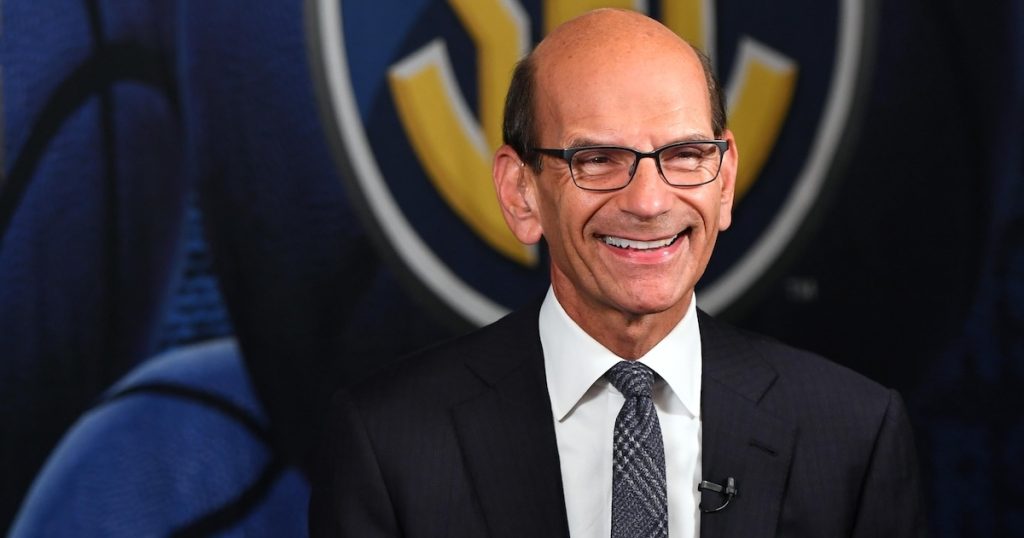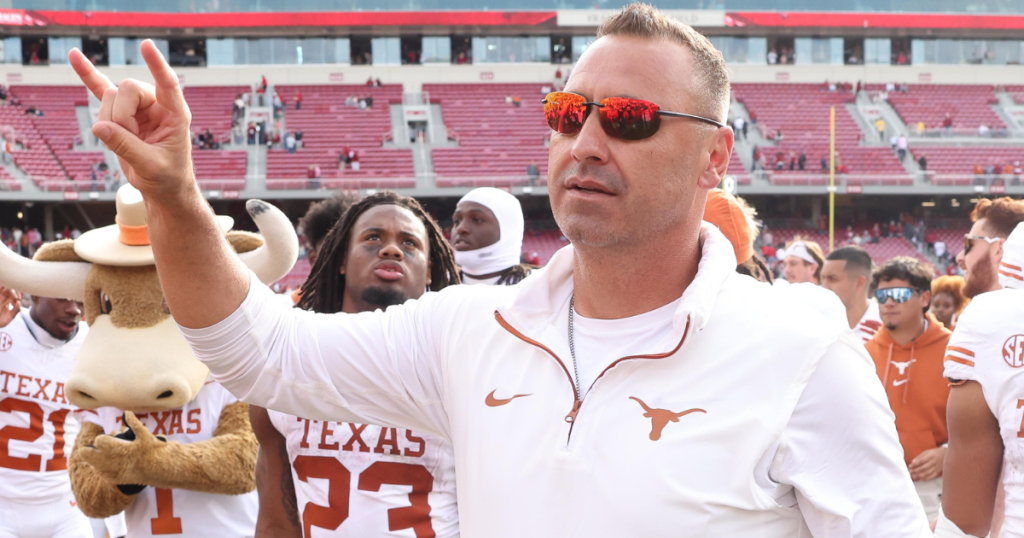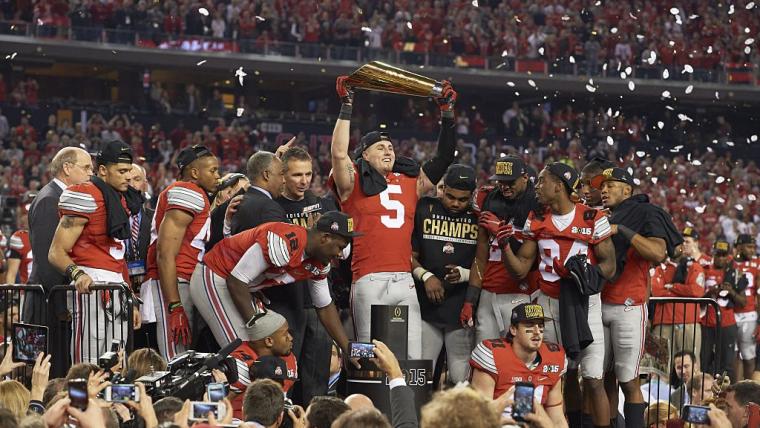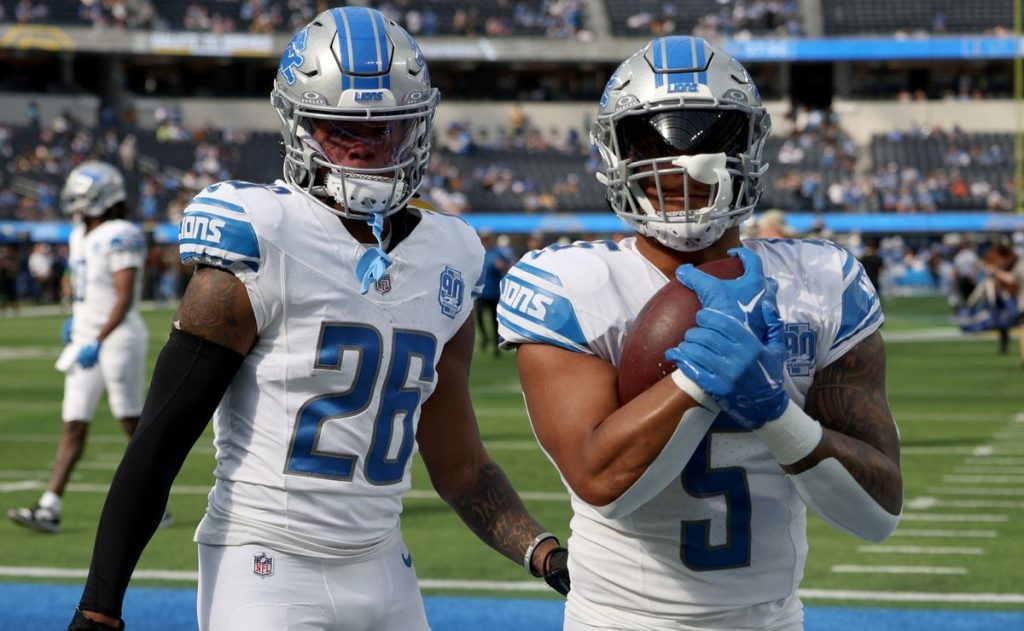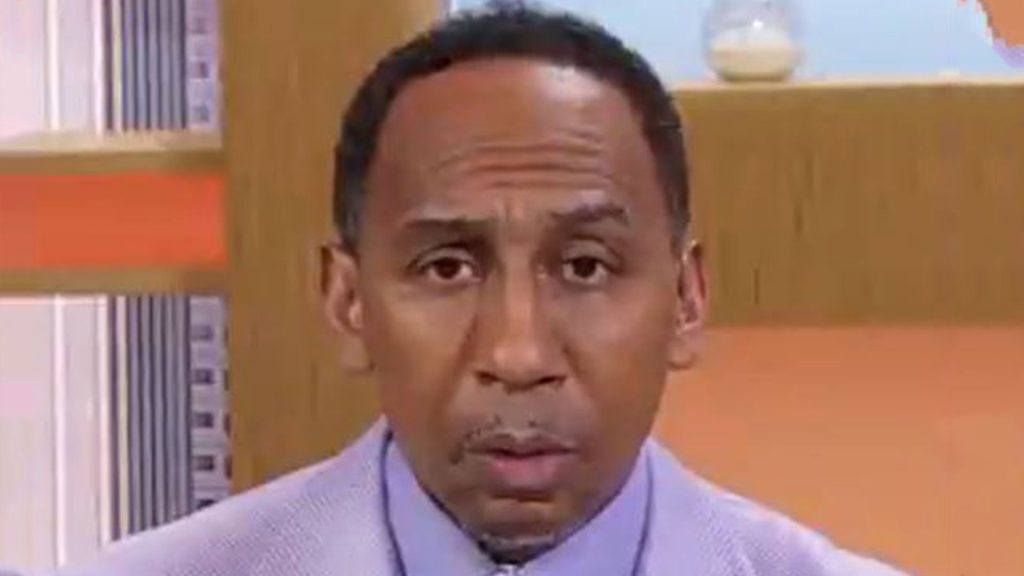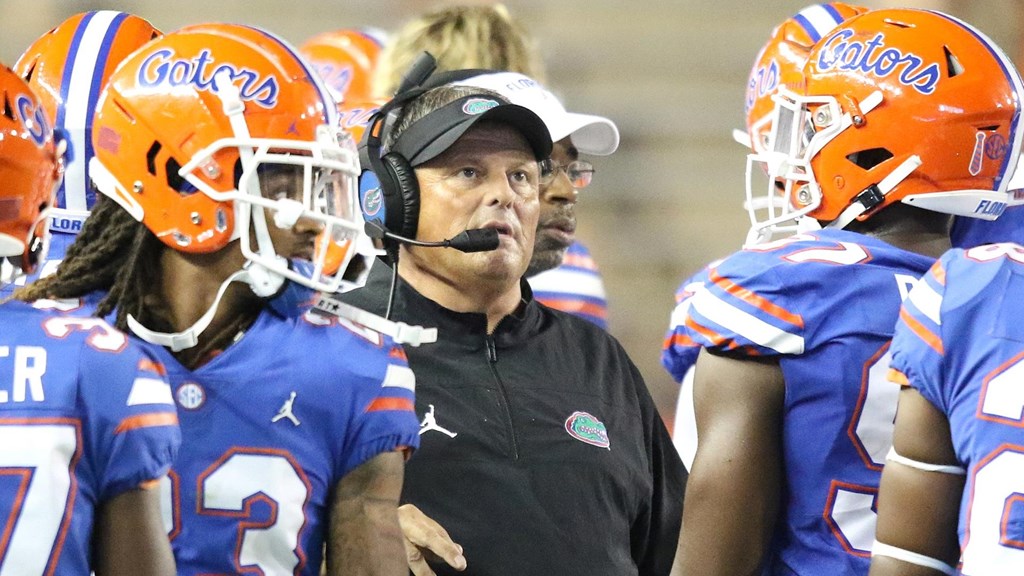In the world of college football, few voices resonate as strongly as that of Paul Finebaum. Recently, he took aim at the College Football Playoff (CFP) committee, particularly criticizing teams like Indiana and SMU, whom he labeled as “frauds.” As the first round of the playoffs unfolded, it became evident that Finebaum’s frustrations were not unfounded, especially considering the lackluster performances of these teams against formidable opponents like Notre Dame and Penn State.
Finebaum questions playoff structure
With the inaugural 12-team playoff now in the rearview mirror, Finebaum and host Matt Barrie engaged in a spirited discussion about the current playoff format. The question arose: would a six or eight-team playoff have been more effective than the current 12-team setup? Finebaum suggested that most years, there are barely four or five teams worthy of playoff contention, and only on rare occasions do we see six legitimate contenders, as was the case last year.
“Most years, there’s really barely four and maybe five, and on that rare year, you could even argue six,” Finebaum explained. “But most years there are not.” This raises an important point: are we truly seeing the best of the best in the playoffs, or are we settling for mediocrity? Finebaum’s critique suggests that the committee may need to reevaluate its criteria for selection.
Finebaum criticizes team performance
Finebaum’s disdain for the current playoff teams was palpable. He expressed disappointment that the matchups featured teams that didn’t seem to belong on such a grand stage. “Well, it obviously helped to be at home,” he said, referring to the advantage enjoyed by the top-seeded teams. “But it would have been a lot better if we had some real teams playing in the playoffs, as opposed to a couple of frauds.”
He pointed out that while Tennessee may have suffered a significant loss, they at least earned their spot in the playoffs through hard-fought battles. In contrast, he argued, Indiana and SMU had done nothing to justify their inclusion. “Indiana did nothing. SMU did nothing. And that’s really what my biggest beef is on this Sunday,” Finebaum lamented.
Finebaum on blowouts and missed opportunities
Interestingly, Finebaum seemed to express a certain acceptance of blowouts in the playoffs. He suggested that he wouldn’t have minded seeing teams like Miami, Alabama, or South Carolina face off against the top seeds, even if it meant a non-competitive game. “I mean, yeah, I don’t think it would have been dramatically different,” he said, recognizing that every team has its flaws.
He also reflected on the disappointing nature of the games played on Saturday afternoon. “You knew that the Indiana game wouldn’t be good, you knew the SMU game wouldn’t,” Finebaum stated. “The two games on Saturday afternoon had a chance, but they didn’t deliver.” It’s a sentiment that many fans can relate to—hopes dashed by lackluster performances.
Finebaum’s skepticism of coaching
Finebaum didn’t hold back when discussing the coaching decisions and performances that led to these outcomes. He called out Curt Cignetti, the head coach of one of the teams, for boasting about victories over weaker opponents. “What he’s done is beating Purdue 66-0 and beaten a bunch of middling teams, but he hasn’t beaten a good team,” Finebaum critiqued. This highlights a broader issue in college football: the importance of strength of schedule and the impact it has on a team’s playoff viability.
Moreover, Finebaum expressed frustration at the idea that teams could claim legitimacy based on inflated records against weaker competition. “And the two games that he had against quality opposition, he got his head taken off,” Finebaum remarked, suggesting that the gap in talent and preparation between the top teams and those like Indiana and SMU was glaringly obvious.
Looking ahead: What’s next for college football?
As the playoff progresses, the question remains: how can the selection committee improve the process? Finebaum’s passionate critiques serve as a reminder that college football fans crave competitive matchups that showcase the best talent in the nation. With the current format in place, it’s crucial for the committee to consider not just the number of teams, but the quality of teams that make the cut.
In the end, Finebaum’s insights reflect a broader sentiment among college football enthusiasts. The desire for thrilling, competitive games is paramount, and as the playoffs continue to evolve, fans will be watching closely to see if the committee can rise to the occasion. The stakes are high, and the future of college football’s playoff system hangs in the balance. Will the committee heed the call for change, or will we continue to see “frauds” in the playoff mix? Only time will tell.

